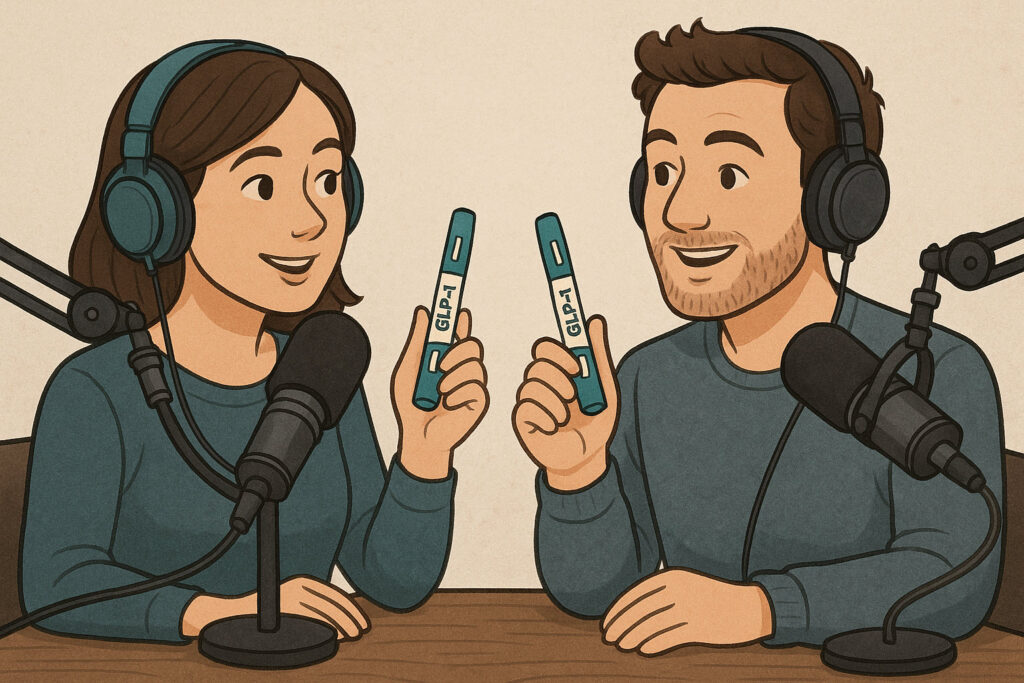Enforcement discretion means that a regulatory agency like the FDA (U.S. Food and Drug Administration) chooses not to enforce certain rules or regulations under specific circumstances, even if technically a violation has occurred. This is often done:
• To avoid disrupting access to critical healthcare (e.g., during emergencies like COVID-19).
• When the agency believes that the public health risk is low.
• While new regulations are being developed or clarified.
• For transitional periods (e.g., letting companies adapt to new requirements).
The FDA might use enforcement discretion in areas like:
• Laboratory Developed Tests (LDTs) – historically, the FDA has chosen not to enforce certain regulations.
• Unapproved medical devices used in emergencies under Emergency Use Authorizations (EUAs).
• Importation of drugs for personal use under certain conditions.
This is not a legal right that companies or individuals can claim—it’s a policy choice made by the FDA based on agency priorities.
Can Someone from the FDA Arrest You or File Charges?
• No, FDA officials do not have arrest powers. They are regulators, not law enforcement officers.
• FDA criminal cases are referred to the Department of Justice (DOJ).
• If a criminal violation (e.g., fraud, adulteration, misbranding) is found, the FDA Office of Criminal Investigations (OCI) gathers evidence and works with federal prosecutors.
• The DOJ then files charges if warranted. Arrests are handled by U.S. Marshals or other law enforcement, not FDA employees.
So: The FDA investigates and recommends enforcement. The DOJ prosecutes. Arrests are made by law enforcement.
| Agency | Has Enforcement Discretion? | Examples of Use |
|---|---|---|
| FDA | ✅ Yes | EUA drugs/devices, LDTs |
| EPA (Environmental Protection Agency) | ✅ Yes | Delaying implementation of pollution controls |
| FTC (Federal Trade Commission) | ✅ Yes | Warnings before filing suits |
| IRS (Internal Revenue Service) | ✅ Yes | Not pursuing certain low-dollar tax debts |
| CMS (Centers for Medicare & Medicaid Services) | ✅ Yes | Delays in penalty enforcement |
| OSHA (Occupational Safety & Health Administration) | ✅ Yes | Grace periods for new rules |
| SEC (Securities and Exchange Commission) | ✅ Yes | No-action letters, guidance |
| DEA (Drug Enforcement Administration) | ⚠️ Limited | Has some discretion, but tightly bound by statutes |
| FBI / DOJ | ❌ No | Law enforcement agencies – must follow law, no discretion to allow illegality |
Note: Even where discretion exists, agencies must still act within statutory authority. Discretion is not arbitrary; it must align with public interest and the agency’s mission.
Summary
• Enforcement discretion is a tool that allows the FDA and others to prioritize public interest over strict rule enforcement.
• FDA cannot arrest or file charges—they refer cases to DOJ.
• Most federal regulatory agencies have some level of enforcement discretion.
• Law enforcement agencies like FBI or DOJ do not have discretion to overlook criminal violations.
Audio Overview (Google NotebookLM)
(5 minutes 38 seconds)

